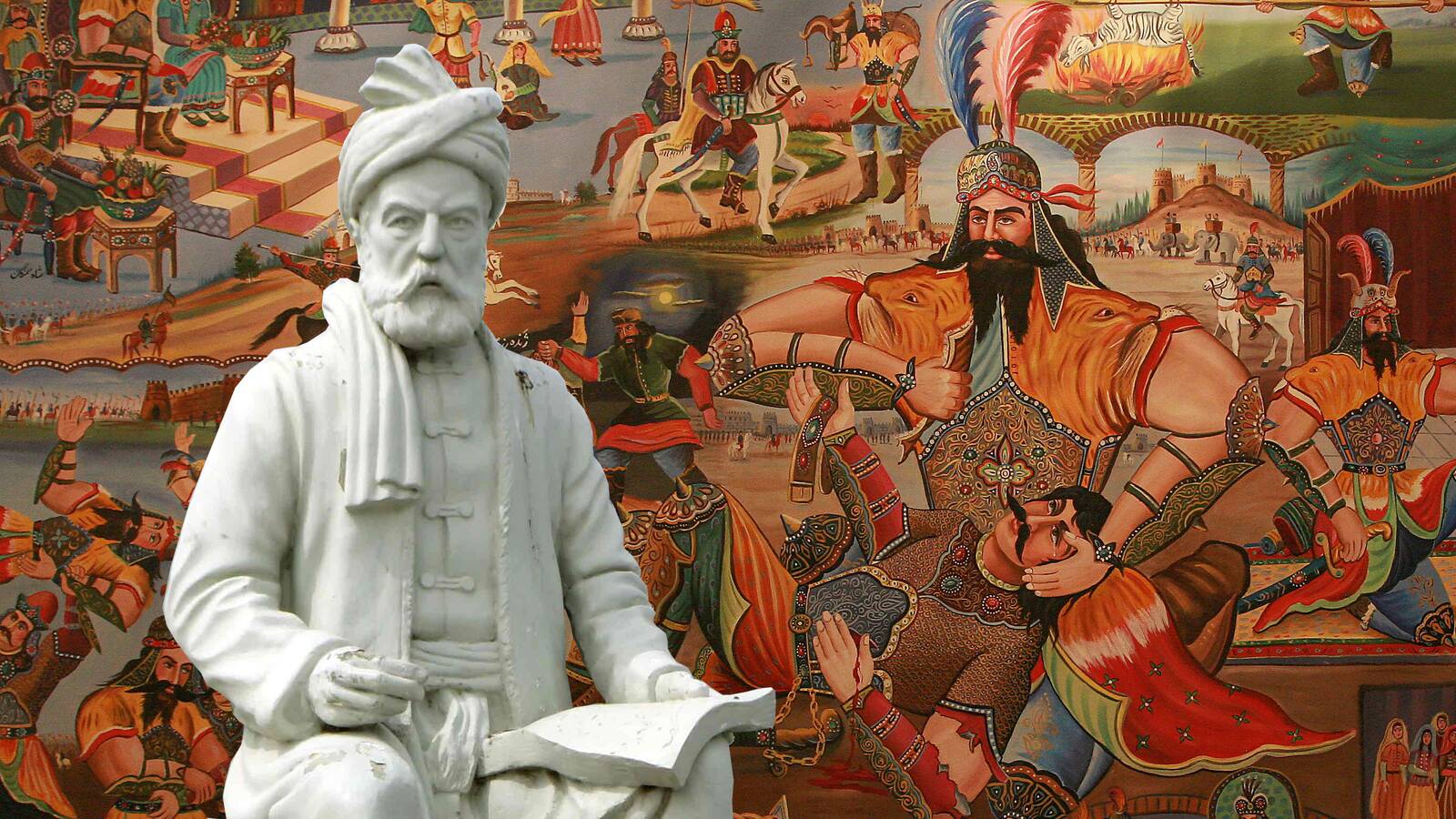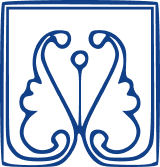Department of Persian Language and Literature

About
.The Department of Persian Language and Literature, founded in 1979 according to the agreement of The Council of Higher Education Development on 16th meeting, is one of the largest and oldest in the University of Guilan which started to accept the first group of B.A. students in 1983. The M.A. course and PHD program of the department started in 2001 and 2005 in turn. Two branches for PHD and three for M.A. are Presented as follows: Persian Language and Literature (PHD, from 2005), Mystic Literature (PHD, from 2020), Persian Language and Literature (M.A., from 2001), Children and Young Adult Literature (M.A., from 2016), and Theory and Literary Criticism (M.A., 2017). Currently, the department has 14 faculty members (three Professors, six Associate Professors, and five Assistant Professors) and the Head of the department is Dr. Firouz Fazeli.
Facilities and Equipment
-
TeachingUnderstanding and learning literary knowledge and applying it in various texts depends not only on the knowledge itself, but also on how it is taught and studied. Here at the University of Guilan, through our research and teaching, we strive for a critical approach to interpret texts and understand contexts in which they have been emerged. Teaching methods include lectures, seminars, small-group learning, individual tutorials and group work
-
ResearchThese faculty members are researchers and authors with expertise in various literary and linguistic themes, areas, and regions. They are well known for their skills in literary criticism and textual researches which is helpful for leading graduate and undergraduate students and young literary researchers. Main research areas include: literary theory and criticism, Children’s and Young Adult Literature, Discourse Analysis, emendation of classical texts, mystic literature, Linguistics and Contemporary Persian Literature
-
Publication• Persian Language and Iranian Dialects
The bi-annual journal of "Persian Language and Iranian Dialects" were separated from Adab Pajohi magazine in 2015, and from the first issue (spring and summer 2015) with scientific-research rank, articles on general topics related to Persian language and Iranian dialects can be published.
The bi-annual journal of "Persian Language and Iranian Dialects" considers various subjects related to Persian language and Iranian dialects. It aims at scientifically inquiring in to and understanding Persian language and Iranian dialects from various angles and publishing original findings of researchers in the field. The scopes of the journal cover historical studies generally based on literary and scientific texts of Persian language as formed throughout millennials, as well as contemporary Iranian issues of Persian language and Iranian dialects. Studies on codicology and text correction, theoretical issues in lexicography, linguistic inquiry in to native poems, etymology of words and terms, word formation in classical texts and Persian translator, analysis of dialect evidence in Persian literature texts, criticisms of studies on Persian language and dialect, research in to phonetic, morphological, syntactic and semantic domains of Persian language and Iranian dialects with synchronic and diachronic approaches constitute the most important issues and fields of study in this journal.
• Literary theory and Criticism
Literary Theory and Criticism Derived from Adab Pazhouhi in 2016 is a scientific-research journal that from the first issue (spring and summer 1395/2016) has been publishing articles in the following areas.
Most Important Topics:
Studying the background and philosophical-epistemological and methodological foundations of literary theory (philosophy and literary theory)
Introducing literary theories and the paradigmatic and discourse context of their emergence and their classification in networks of theories (Meta-theory)
Critically considering the discourses dominating the emergence and dissemination of literary criticism and theory (discourse studies)
Revising thematic principles and stereotypes of criticism and theory in Iran (meta-criticism)
Focusing on literary research in Iran, and considering the basics and mechanisms of multifaceted and interdisciplinary criticism (basic knowledge and methodological knowledge)
Tracking the trajectory of concepts and terms in literary criticism and theory in Iran (terminology)
Presenting the best examples of objective and concrete text criticism by theorists and theoretical critics
Introducing new or lesser-known theories and presenting their potentials and limitations
Rereading literary texts and conceptualizing and theorizing their data and statements
Evaluating and systematically analyzing old and new works and texts (Criticism of the works discussed should be confined to the field of Persian literature and texts. Studies on non-Iranian works are accepted only if they are conducted as reviews of the ideas of one or several thinkers. Comparative studies on Iranian and non-Iranian works are also accepted.)



























